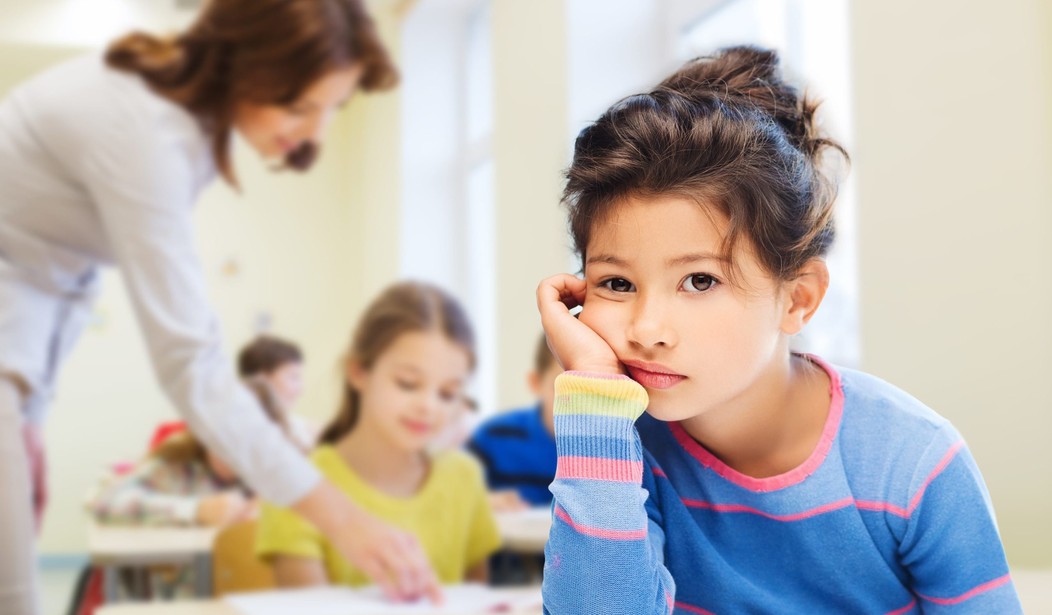Parents, educators and advocates focus on the academic challenges of dyslexia, but what about the emotional ones? In my research on Dyslexia Awareness Month I’ve read a ton of articles and websites devoted to diagnosing and addressing dyslexia in the classroom. I’ve learned about technological tools to assist dyslexic students in learning how to read. But what I haven’t heard much about is the emotional impact of dyslexia. How does a student of above-average intelligence emotionally process the fact that he struggles to do something even the so-called “dumbest kid in the class” can manage without a problem?
Google “emotional impact of dyslexia” and buried in the results will be a recent interview with Henry Winkler, the actor most famous for playing The Fonz on Happy Days. Winkler, now also famous for writing a series of children’s books titled “Here’s Hank,” is dyslexic:
Because of dyslexia, you never read a book until you were 31?
That is true. When I finish with (this interview), I’m going to go to my partner’s office, Lin Oliver, and we are writing our 33rd novel for children. And, some of them, I will have with me at the comic con.
Did your dyslexia affect you when it came to scripts?
Yes. It was hard to read. When we sat around the table and read it so that the director and the producers could hear it, I stumbled over every word. It was humiliating.
But, for TV viewers, that doesn’t show.
It doesn’t show, but it felt. It was really tough emotionally.
https://www.pinterest.com/pin/560838959817517447
Writing on behalf of the International Dyslexia Association, Dr. Michael Ryan, a psychologist and dyslexic himself, categorizes a series of psychological and emotional issues associated with dyslexia. According to Dr. Ryan, because of the constant frustration and confusion dyslexic students encounter, they are prone to high levels of anxiety and anger. Dyslexics are often prone to feelings of inferiority that lead to a poor self-image and even depression. Ryan observes:
Although most dyslexics are not depressed, children with this kind of learning disability are at higher risk for intense feelings of sorrow and pain. Perhaps because of their low self–esteem, dyslexics are afraid to turn their anger toward their environment and instead turn it toward themselves.
These emotions have powerful effects on the dyslexic’s home and school relationships. Because dyslexia is an inherited condition, parents may either deny the existence of the dyslexia or re-live their own “powerful and terrifying emotions, which can interfere with the adult’s parenting skills.”
https://www.pinterest.com/pin/366973069620224621/
These issues often surface because certain aspects of dyslexia are generally overlooked. While academic institutions address difficulty with reading, they stop there. Rarely do they address the fact that dyslexics are often socially immature due to their inability to comprehend social cues. They also fail to take into account the impact dyslexia has on listening comprehension and spoken communication. Both parents and educators often spend so much time focusing on getting a dyslexic to read that they fail to understand that their dyslexic may not comprehend the kind of everyday interpersonal communication they take for granted.
Because dyslexics often possess above-average intelligence, these psychological and emotional issues can be dangerously dismissed as simple personality traits or bad moods. Dyslexics with severe emotional outbursts are potentially wrongly medicated for ADHD or depression. Because the dyslexic attributes success to “luck” and failure to “stupidity,” the very act of being put on medication can be interpreted as yet another biological failure on their part, further contributing to their emotional distress.
Until and unless the psychological and emotional components of dyslexia are prioritized at the same level as the academic challenges, dyslexic students, who comprise up to 20% of the general population, will continue to be one of the most grossly underserved groups of learners.








Join the conversation as a VIP Member